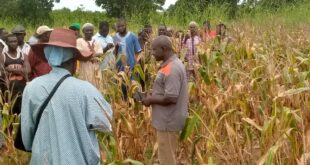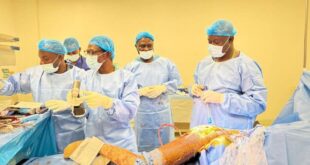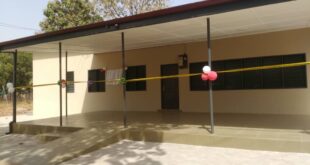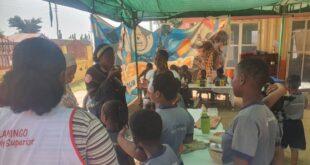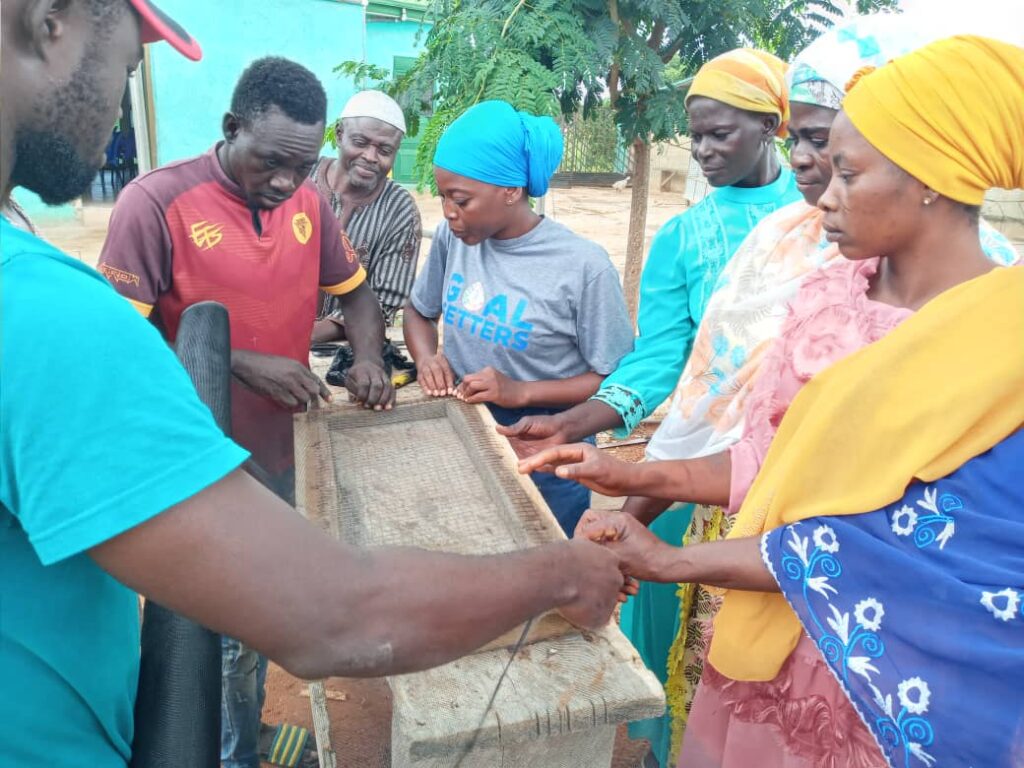 Tamale, Ghana – As many nations across the world gradually transitions from the use of fossil fuels to clean energy, scientists and innovators are coming up with useful technologies that can provide alternative source of energy that is clean, cheap and available for domestic and industrial use.
Tamale, Ghana – As many nations across the world gradually transitions from the use of fossil fuels to clean energy, scientists and innovators are coming up with useful technologies that can provide alternative source of energy that is clean, cheap and available for domestic and industrial use.
Here in Ghana, Walewale based environmental nonprofit organization, Centre for Ecological Agriculture and Livelihood (CEAL), has introduced an innovative way for farmers and households to dry food stuffs.
Known as the “Solar Dryer”, CEAL is training young people on how to construct these technological devices.
Apart from these solar dryers being used to dry food stuffs in a safe and clean way, they also would contribute towards the prevention of recurring post-harvest losses which many farmers battle with seasonally.
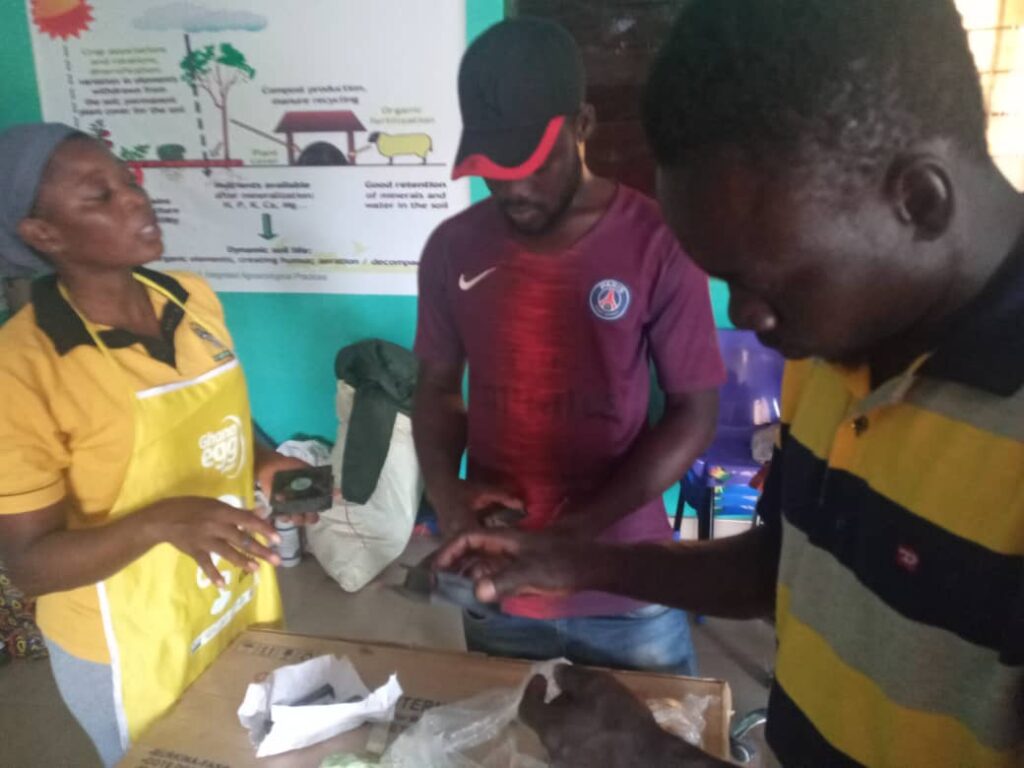 According to Executive Director of CEAL, Jobila Sulemana Issifu, “the training of 25 youth, 18 females and 7 males on Monday August 17 comes as part of our energy transition project aimed at effecting behavioural change among natural resource consumers in order to promote sustainable use of our environmental resources, building new entrepreneurs in clean energy sources, agro ecology and supporting communities especially women to use energy efficient technologies.”
According to Executive Director of CEAL, Jobila Sulemana Issifu, “the training of 25 youth, 18 females and 7 males on Monday August 17 comes as part of our energy transition project aimed at effecting behavioural change among natural resource consumers in order to promote sustainable use of our environmental resources, building new entrepreneurs in clean energy sources, agro ecology and supporting communities especially women to use energy efficient technologies.”
He indicated that, currently youth unemployment is very high in the North East Region and as a result, “many youth especially our young girls migrate to Southern Ghana in search of menial jobs and some end up returning with teenage/unwanted pregnancies, diseases and so on”.
Mr. Issifu however observed that, the region has a lot of agro ecology related opportunities especially in the processing and marketing of foodstuffs.
“North East Region receives abundant sunshine throughout the year. This can be harnessed properly to support food processing and preservation. This will help reduce post-harvest losses, improve food nutrition and income security of our vulnerable communities while providing sustainable employment opportunities for both young girls and boys in the area.”
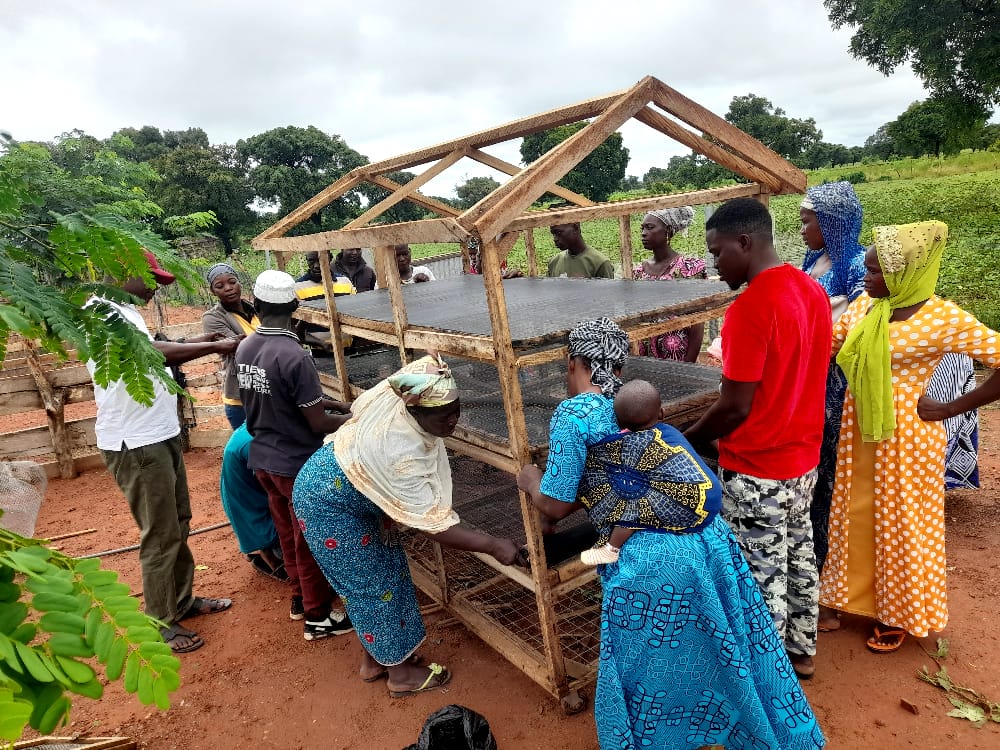 The training beneficiaries received skills and knowledge on how to construct different types of simple and cheaper versions of solar driers through the use of locally available materials.
The training beneficiaries received skills and knowledge on how to construct different types of simple and cheaper versions of solar driers through the use of locally available materials.
The training activities ranged from the construction and the use of mini solar driers to larger scale mobile solar driers.
The mobile solar drier allows the user to move his or her drier from one location to another with ease in case of bad weather.
These solar dryers can be used by farmers to dry vegetables, fruits and grains thereby increasing the shelve life of their farm produce as well as promote household food and income security in the region.
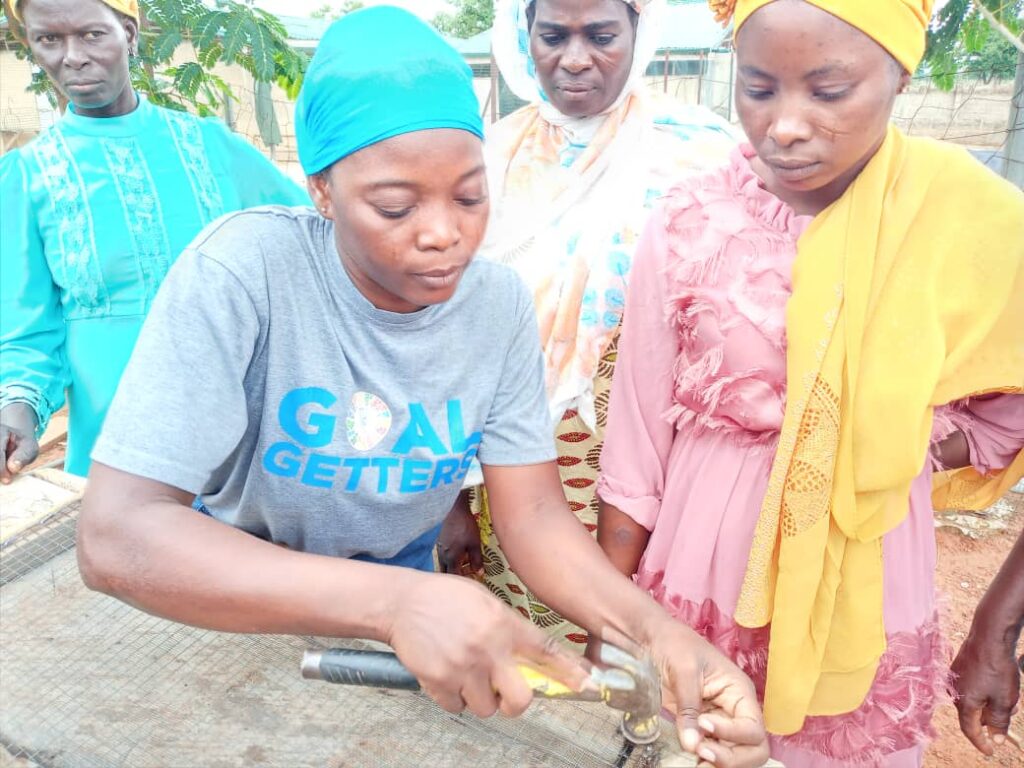 Some of the participants who spoke to SavannahNews lauded CEAL and its partners for holding the training for them.
Some of the participants who spoke to SavannahNews lauded CEAL and its partners for holding the training for them.
Fatima, a participant from katabanawa community in the West Mamprusi Municipality, said ‘We’ve been trained in how to make solar dryers. This sounds amazing and good. We will use the technologies to preserve our food stuffs especially vegetables.’
Lead youth trainer, Sadia Wuntima also advised all participants to make good use of the knowledge and skills acquired because of their potential to bring income and reduce food waste.
Some 4 young men and 2 young ladies however decided to work together as business partners to obtain the necessary materials to start the construction of solar dryers for economic gain.
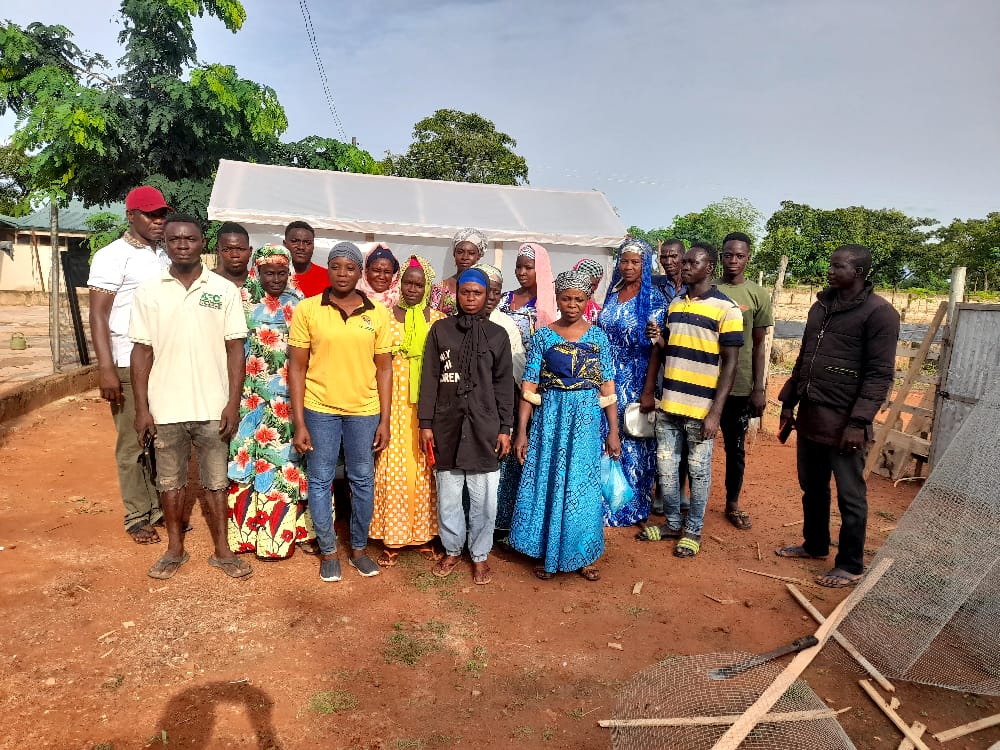 Other participants have also decided through their existing cooperatives to also pull resources together to obtain materials for the construction of wide range solar dryers for their members’ use.
Other participants have also decided through their existing cooperatives to also pull resources together to obtain materials for the construction of wide range solar dryers for their members’ use.
CEAL on its part will be supporting these trainees through backstopping, coaching, and mentoring to construct and use solar dryers in their various communities. They would be assisted with market linkages so as to make this initiative more sustainable in the region.
Meanwhile the training on solar dryers was supported by ELPG-Netherlands, Winrock-Ghana, UNDP/Gef-SGP and HSF-Kenya.
By SavannahNewsOnline.Com/Philip Liebs
 Savannah News Online Reporting Only What Matters Most
Savannah News Online Reporting Only What Matters Most
